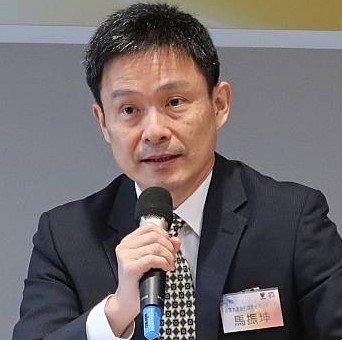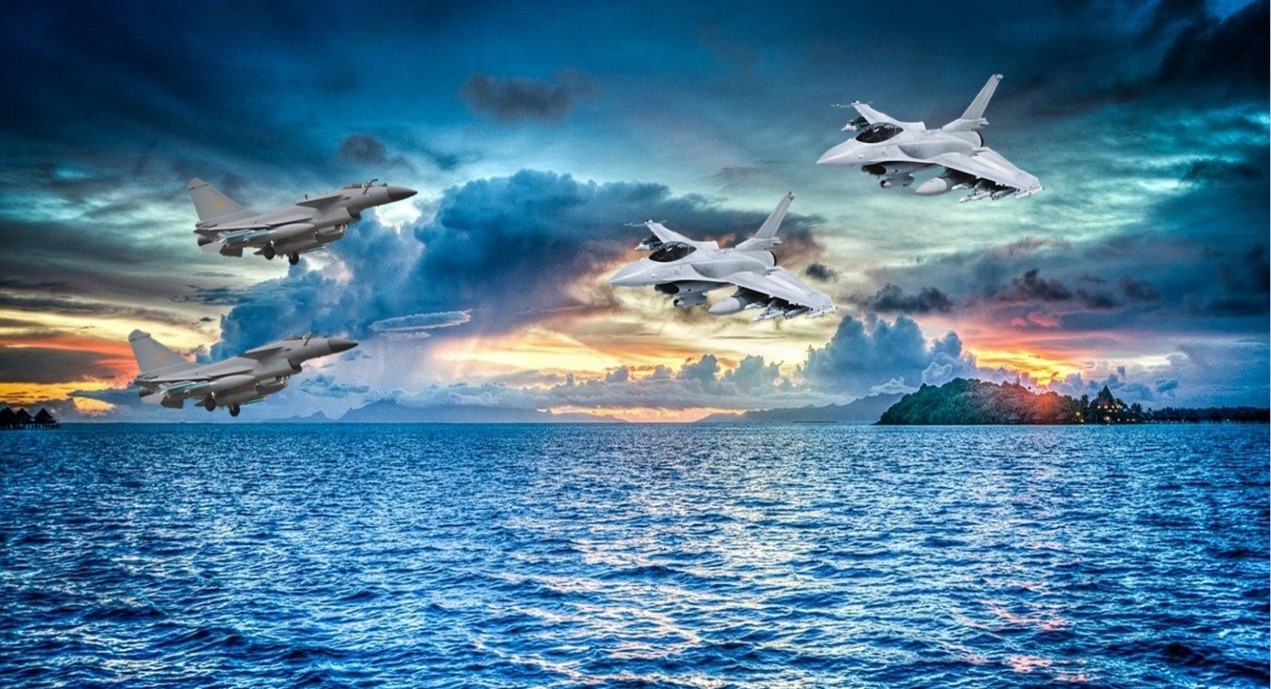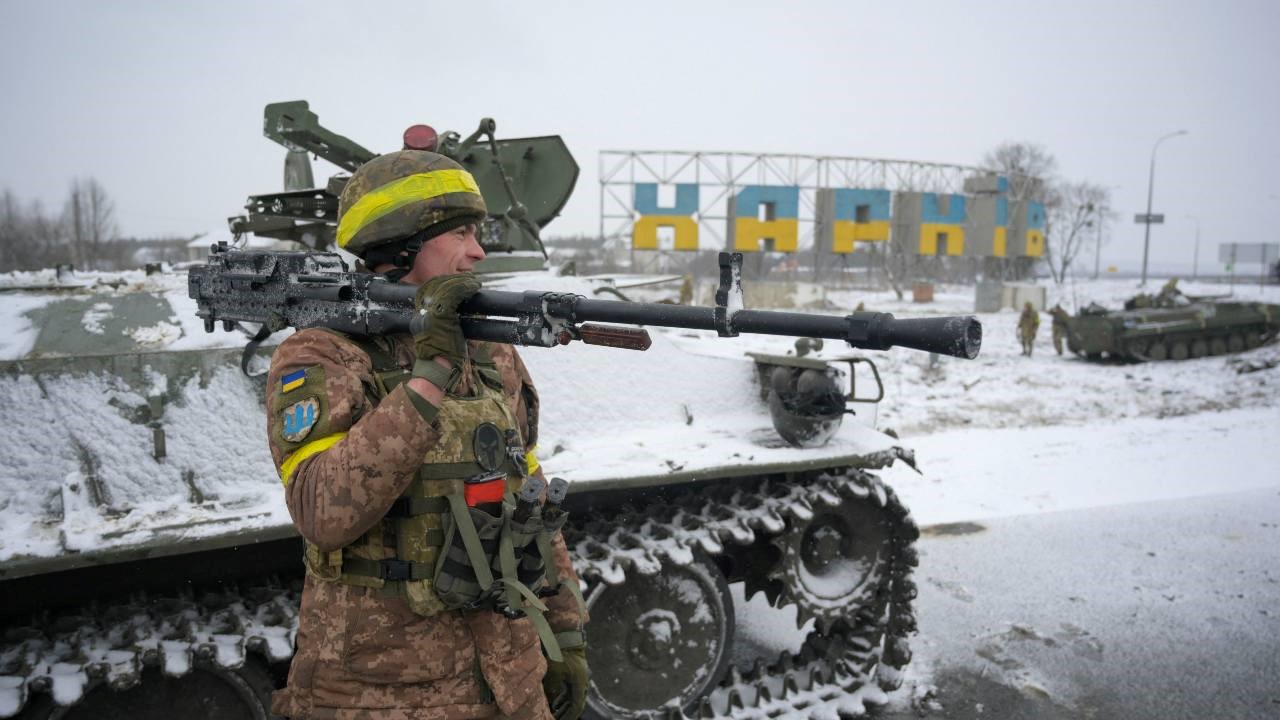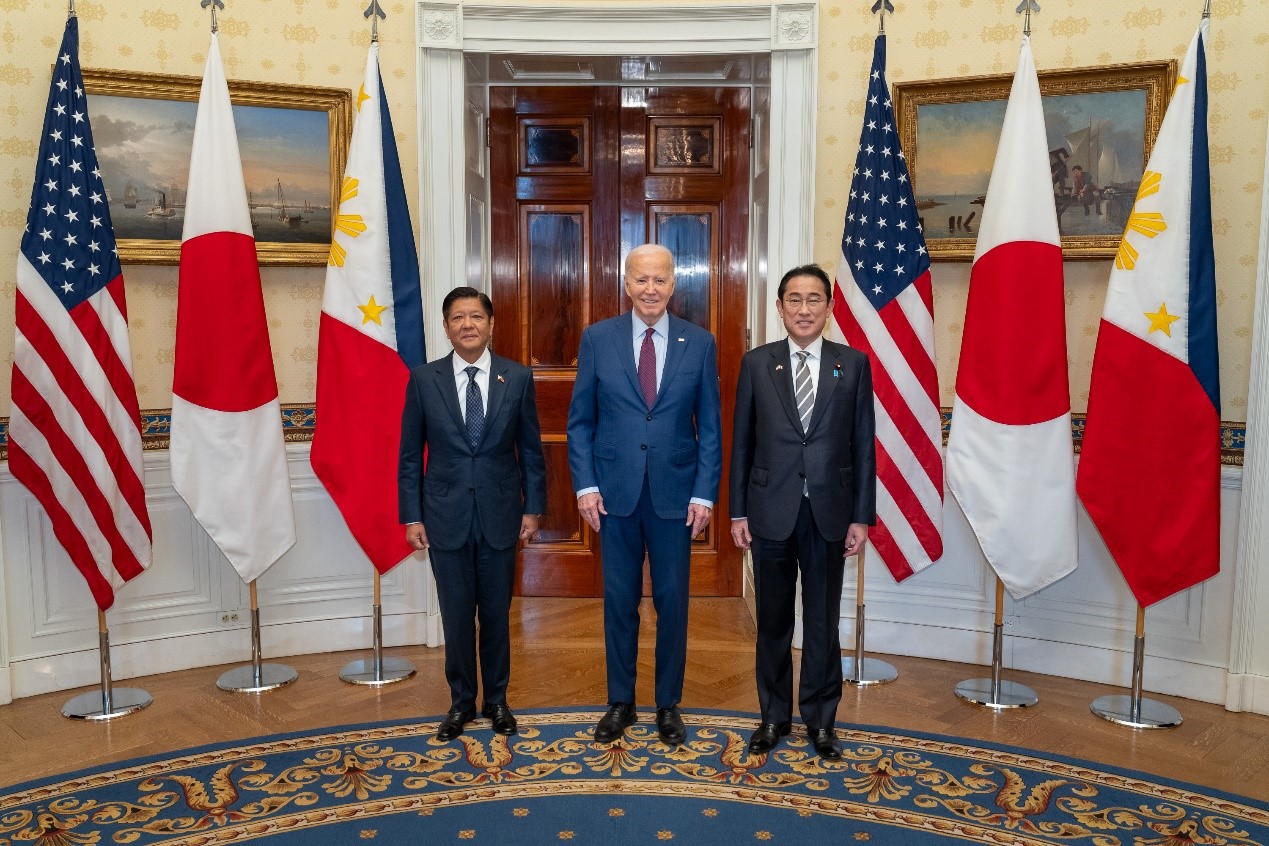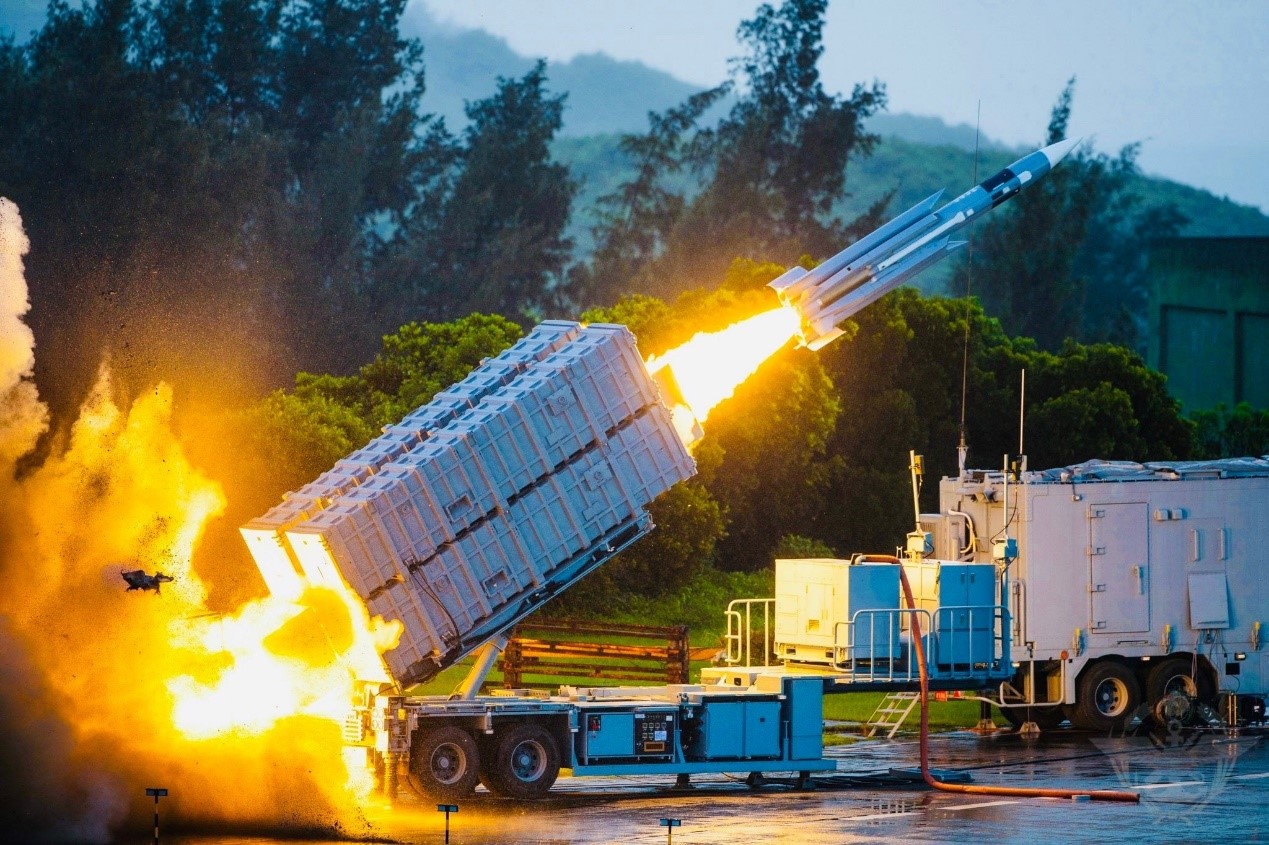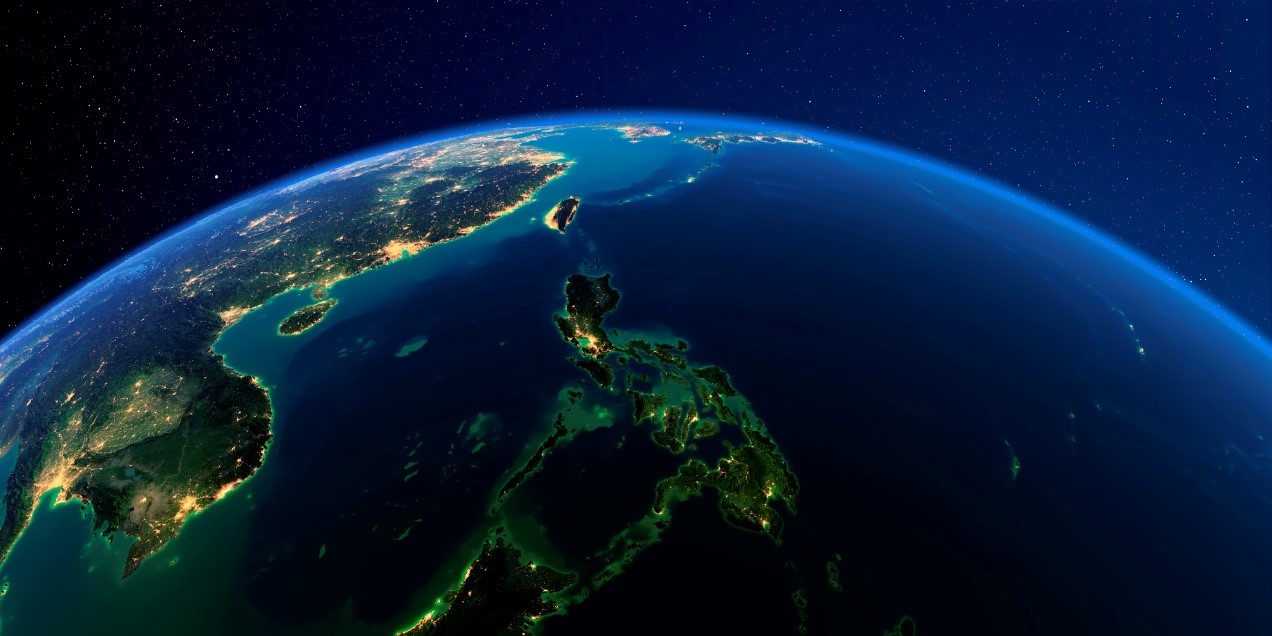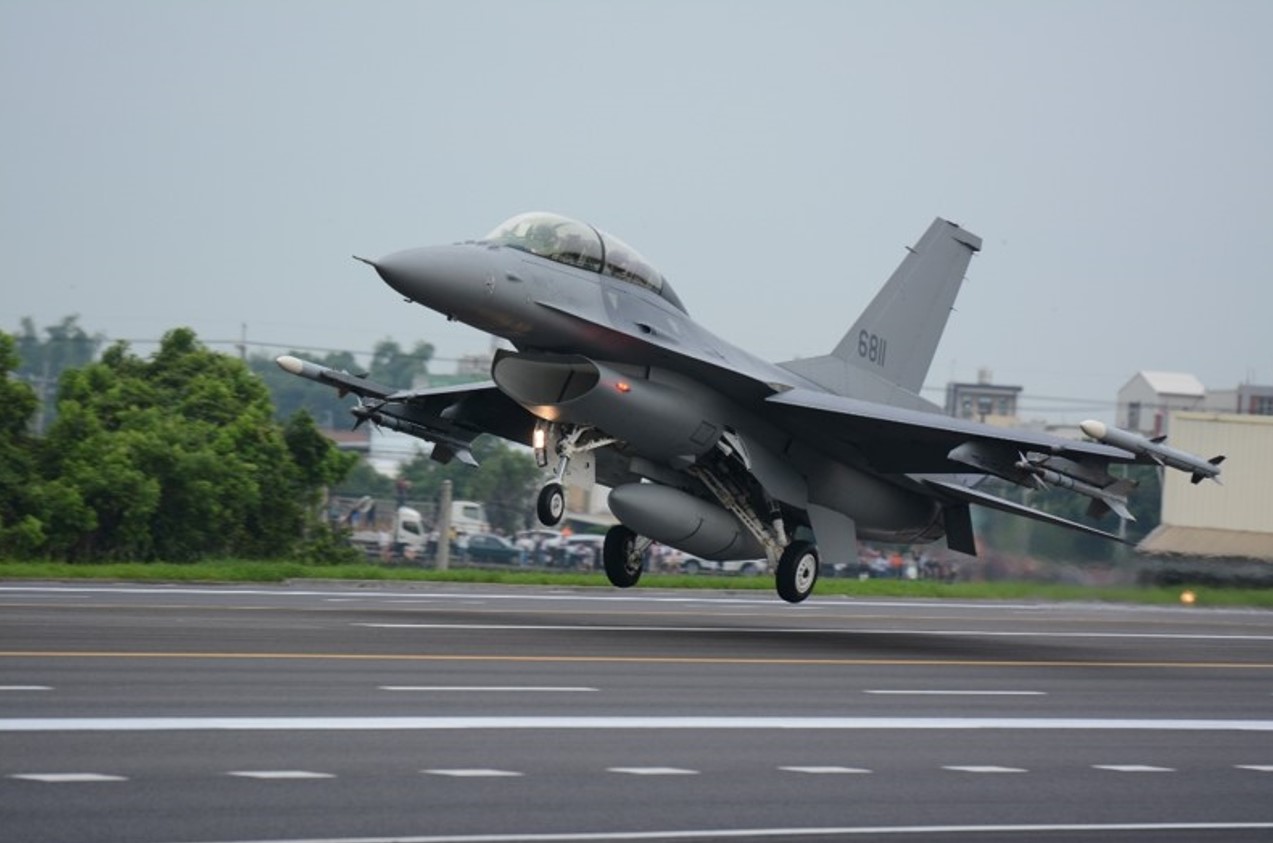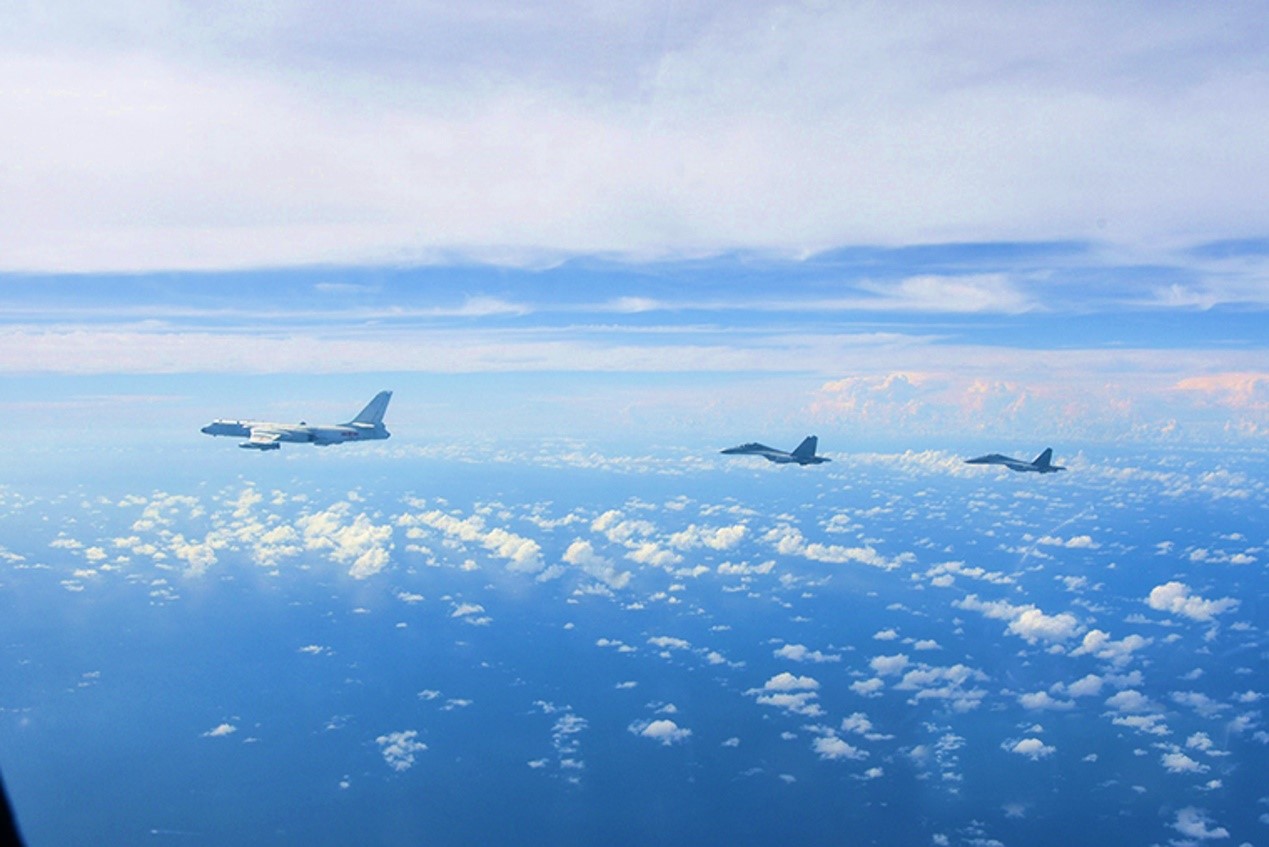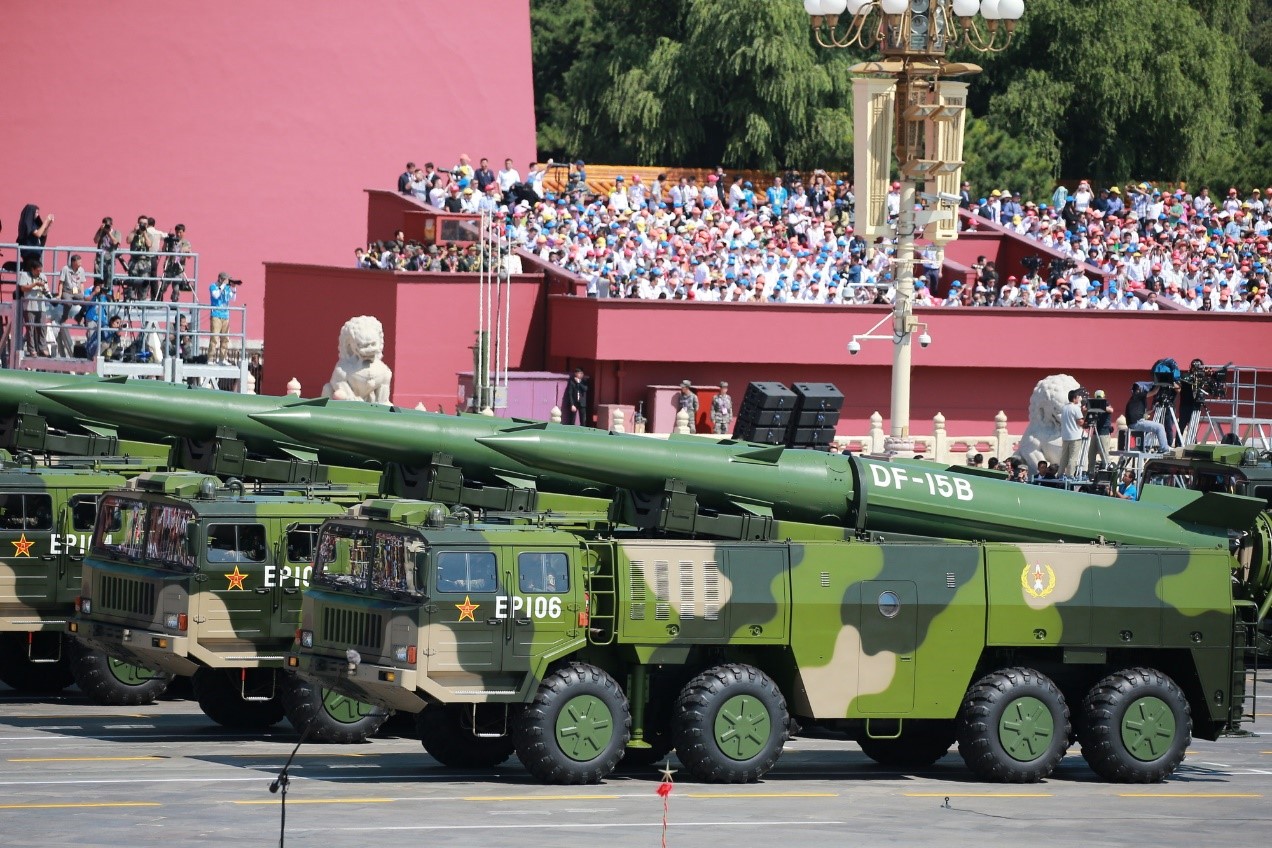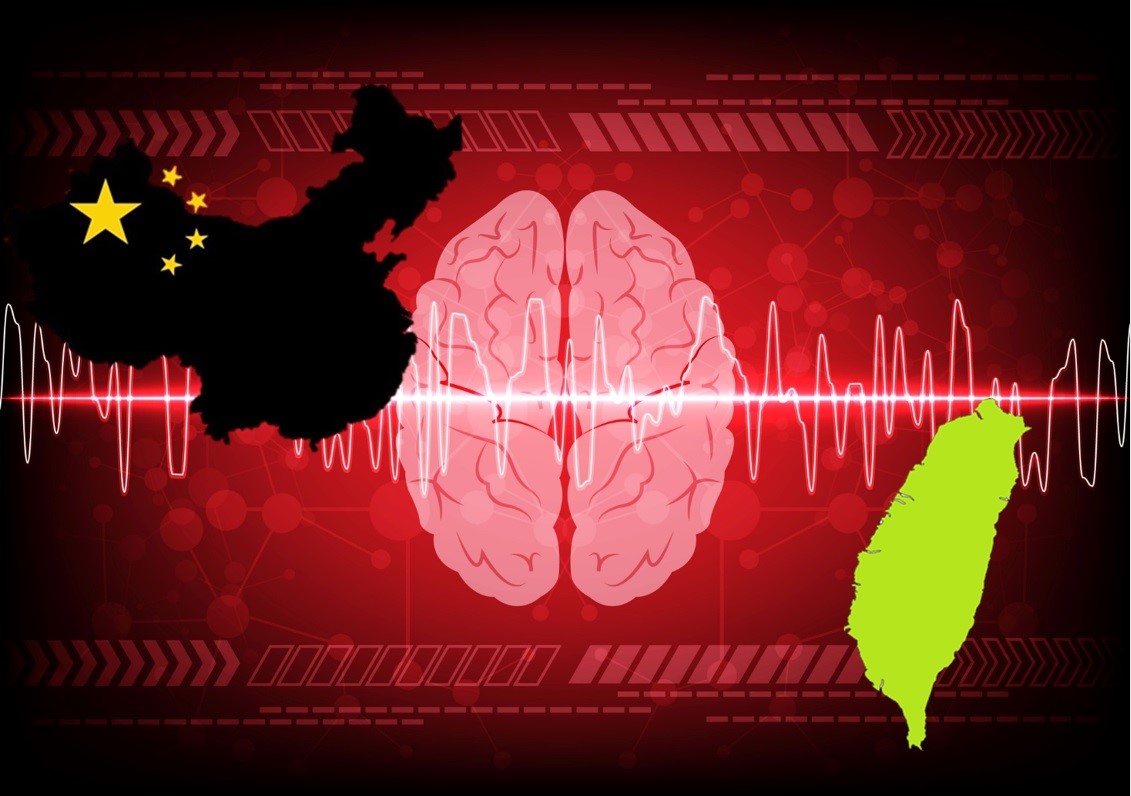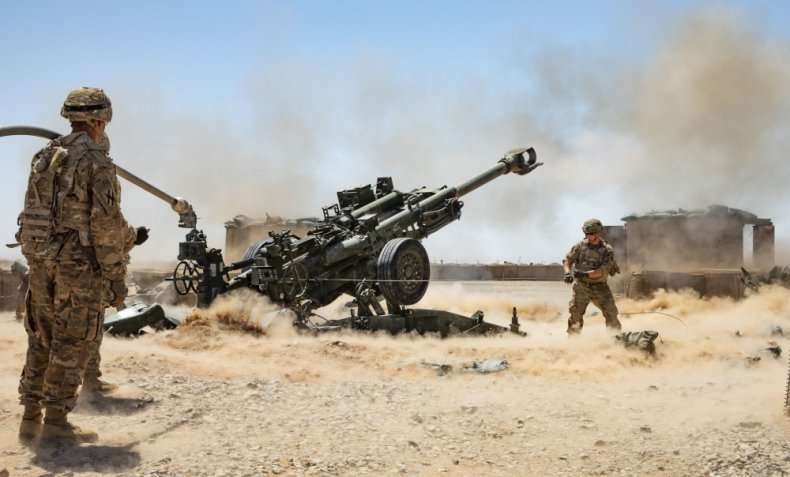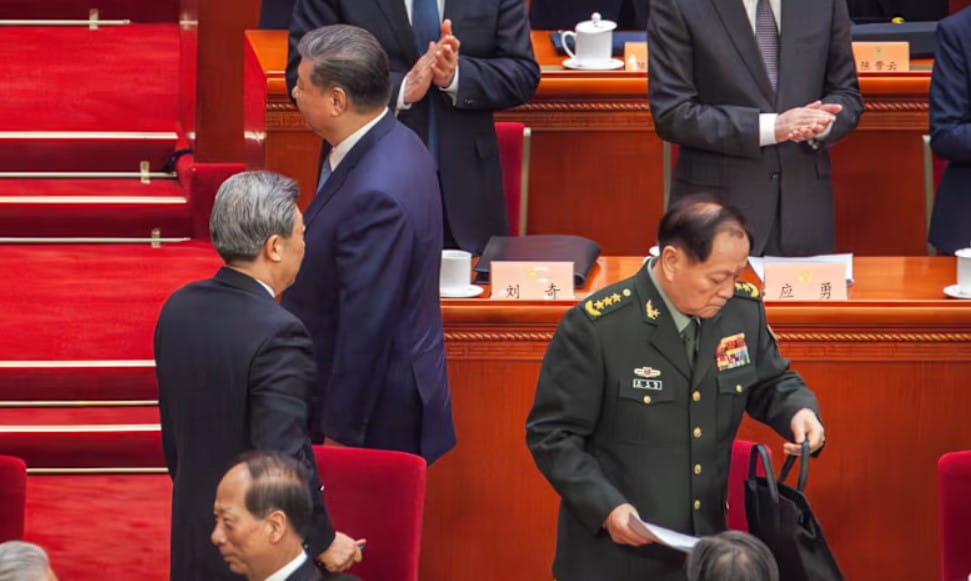How the Russian War on Ukraine Will Change China’s Calculations in the Taiwan Strait
Russia’s painful experience in Ukraine will make Chinese leader Xi Jinping reluctant to use force to accomplish his goals over Taiwan. China will continue its “grey zone” operations to pressure Taiwan militarily, but will be careful not to spark a crisis or to intentionally provoke the U.S.
Picture source: Depositphotos.
Prospects & Perspectives 2022 No. 28
How the Russian War on Ukraine Will Change China’s Calculations in the Taiwan Strait
By Chengkun Ma
May 18, 2022
The unfolding of the Russian invasion of Ukraine has yielded many surprises. The poor performance of the Russian army in terms of tactics, logistics and battlefield C3ISR has put invading forces in a disadvantageous position. The Blitzkrieg has dragged and become a protracted operation. The dragging of the war has changed the strategic situation in ways that Russian President Putin likely did not calculated for and offers valuable strategic opportunities for the U.S. to significantly weaken Russia’s comprehensive national power.
After this invasion, Russia will lose its much of its influence and find itself isolated by Western countries — at least for a period of time. For its part, China will be dragged into the power vacuum created by Russia, and the U.S. will perceive China as a rival, like Russia, to the world. From the Chinese perspective, China will avoid becoming another Russia and will not fall into what Beijing regards as a trap set by the U.S.
In the Taiwan Strait, Russia’s painful experience in Ukraine will make Chinese leader Xi Jinping reluctant to use force to accomplish his goals over Taiwan. China will continue its “grey zone” operations to pressure Taiwan militarily, but will be careful not to spark a crisis or to intentionally provoke the U.S. The war in Ukraine has prompted a paradigm shift. The existing war paradigm was built by U.S. military operations as part of the Global War on terror since the beginning of this century. For the past two decades, U.S. forces have repeatedly displayed the effectiveness of long-range precision missile strikes. Such over-the-horizon ways of waging war can reduce casualties among combatants and accomplish military objectives in a relatively short time. Long range, precision, and firepower have become significant elements of military strength.
The Russian military launched an estimated 100 missiles within a few hours during the opening phase of its so-called “special military operation” to paralyze Ukrainian air defenses and C3ISR systems; it launched over 400 missiles in Ukraine during the first week of war. Although this successfully destroyed Ukrainian radar stations and paralyzed air force bases, this effort has failed to negate the ground combat capabilities of the Ukrainian army and national guard. When the Russian army approached Kyiv, it encountered unexpected resistance and counterattacks by the Ukrainian side in neighboring towns. Ukrainian line-of-sight counterattacks involved man-portable air-defense and anti-tank missile systems, mainly Stinger and Javelin missiles provided by the U.S. and NATO members.
As the war dragged on, Russian soldiers invaded the houses of Ukrainian peasants, looking for food, and Russian tanks were discarded by the roadside after they ran out of fuel. This situation revealed that Russian army logistics were unprepared to deal with drawn out operations, largely because decision makers had expected the “special military operation” would quickly achieve Moscow’s objectives. The unrealistic and overly optimistic expectations highlighted the lack of judgment at the highest levels of the Russian leadership.
Like most authoritarian regimes, the first condition for the promotion of generals is political loyalty rather than professionalism, as the function of the military is to protect the dictator and ensure the security of the regime. The promotion of high-ranking generals is therefore very political.
Putin’s mistakes have been similar to those made by other authoritarian leaders. Under authoritarian politics, a highly politicized bureaucratic culture shapes how generals convey information to the dictator. This usually means skirting information that is bound to irritate the leader, and making sure that their position will not be undermined for political reasons. In addition, generals who operate under such conditions are more knowledgeable about politics than on military matters, since their promotion was mainly the result of their political loyalty instead of military performance. Putin underestimated Ukraine’s ability and will to resist as well as the West’s response to the invasion, and overestimated the operational capabilities of the Russian military. These mistakes were in large part the outcome of the unprofessional analysis of his generals — generals who were promoted by Putin himself.
As Russian troops became bogged down in Ukraine, the U.S. and NATO members adjusted the provision of their military support to Ukraine, shifting from defensive weapons like Stinger air-defense missiles and Javelin anti-tank missiles to offensive and heavier platforms such as self-propelled artillery systems and main battle tanks. In addition, the U.S. and NATO have strengthened Ukrainian combat capabilities by providing backup in the invisible battlefield, with real-time intelligence, surveillance, reconnaissance, and other electromagnetic countermeasures. The U.S. military also has enlarged the scale of the training of Ukrainian soldiers in Poland. On international politics, more countries joined the financial and trade sanctions against Russia launched by the U.S. at the beginning of the conflict. Putin’s misjudgment has pushed him into the inferior corner.
China will learn this painful lesson from Russia. This lesson will increase Xi’s mistrust the military. Xi got rid of most of the senior generals in the People’s Liberation Army (PLA) after his inauguration in 2012, as he did not trust the old guard politically. The new crop of generals who have been promoted by Xi rose in the ranks mainly because of their political loyalty instead of their military professionalism, since most of them have no experience of real war. Xi’s aim with these promotions was to ensure his safety and the security of his regime, as the security threats from inside the Chinese Communist Party Xi faced were much more serious than those that came from outside the country.
Putin’s experience in Ukraine will teach Xi not to believe the analysis of the Taiwan Strait and of the PLA’s operational capability given him by his generals. This distrust will make Xi more hesitant to use force as the main way for achieve his goals toward Taiwan. The serious impact of the financial and trade sanctions on Russia by the U.S. and Western countries will also make Xi more reluctant to launch a military invasion of Taiwan. The “status quo” in the Taiwan Strait will therefore likely be upheld in the next few years, although China will continue to use “grey zone” operations and pressure Taiwan through the expansion of its military power.
For its part, the PLA will learn lessons from the Russian war on Ukraine and adjust its operations accordingly, with new tactics and and approaches to war-making. For example, urban warfare will replace field battles and become the main template after PLA troops land on Taiwan. Drones, UAVs and UCAVs will replace main battle tanks and heavy artillery as the platforms for backup firepower after PLA ground forces face a counterattack by the Taiwanese military in an urban setting. The PLA will also increase its land attack short/medium-range ballistic/cruise missile stockpile, reflecting the fact that Russia’s missile attacks in Ukraine were not as effective as expected. The PLA currently has approximately 2,000 such missiles in its arsenal; it can probably only launch half of those during an invasion of Taiwan, while the other half will be held in reserve for deterrence purposes or, if necessary, to attack U.S. military bases in the first island chain and Guam. The PLA will accordingly produce more missiles if it wants to launch a saturation attack against Taiwan in the initial phase of the conflict.
(Dr. Ma is Professor, Graduate Institute of China Military Affairs Studies, National Defense University.)

